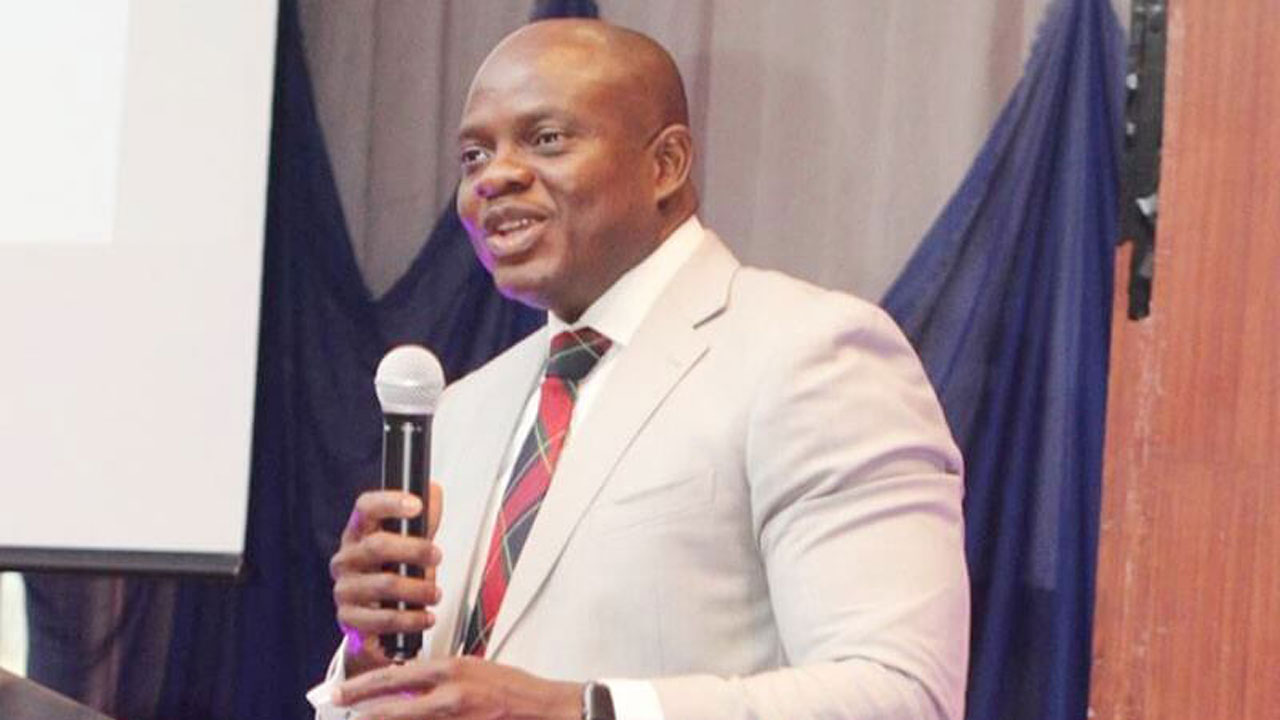
Stakeholders seek accountability in repatriated funds
The Financial Reporting Council (FRC) has commenced a nationwide engagement of stakeholders to review its operational code. The Chief Executive of the FRC, Daniel Asapokhai, disclosed this in Owerri, the Imo State capital.
He said the move was to make the council to fall in line with relevant laws that obtain globally in financial records, adding that the essence of the public hearing in the six geo-political zones was to involve relevant stakeholders in the review.
Asapokhai said the new code was also necessary to grow the economy, by promoting the ease of doing business in the country.
According to him, the council’s effort would attract local and foreign investments, as well as entrenching integrity in the capital market by building on the culture of disclosures, transparency and accountability.
In the event that was attended by captains of industry, he said, corporate governance on financial matters and practices that require public awareness would assist the council in achieving its aim.
He stressed that the council was poised to achieving it through the contributions of the stakeholders, adding that it would trickle to the economic growth of sub-national governments.
He said: “It is applied to all public and private companies, whether listed or not, that are holding public financial trust.
“The 2018 code was a comprehensive review report of the suspended 2016 code of corporate governance. It was done through a report presented by a technical committee with extensive engagement of the stakeholders for proper regulation of the system.”
Asapokhai added that the public hearing is an arbiter for a standard approach on good financial management, which is crucial to the country’s fight against fraud and misdemeanor in the system to propagate a better economy.
Meanwhile, stakeholders have urged the Federal Government to ensure transparent mechanism and accountability in managing stolen assets.
They spoke yesterday in Abuja at “Citizen’s Dialogue on Asset Recovery Regime.”
Executive Director of Africa Network for Environment and Economic Justice (ANEEJ), David Ugolor, alleged that there had been unaccountable utilisation of repatriated funds in the past.
He explained: “It is important that Nigeria seizes the opportunity provided by global initiatives to chart a course for legal, institutional and broader reforms in asset recovery.”
Co-chair of Global Forum on Asset Recovery (GFAR), Edet Okon, lamented that repatriated funds had been stolen again, saying, “We want to know the actual amount so far returned.”
Also, Agatino Camarda of Civil Forum for Asset Recovery, CiFAR, called on civil society organisations (CSOs) globally to be stronger in fighting asset theft and repatriations.



